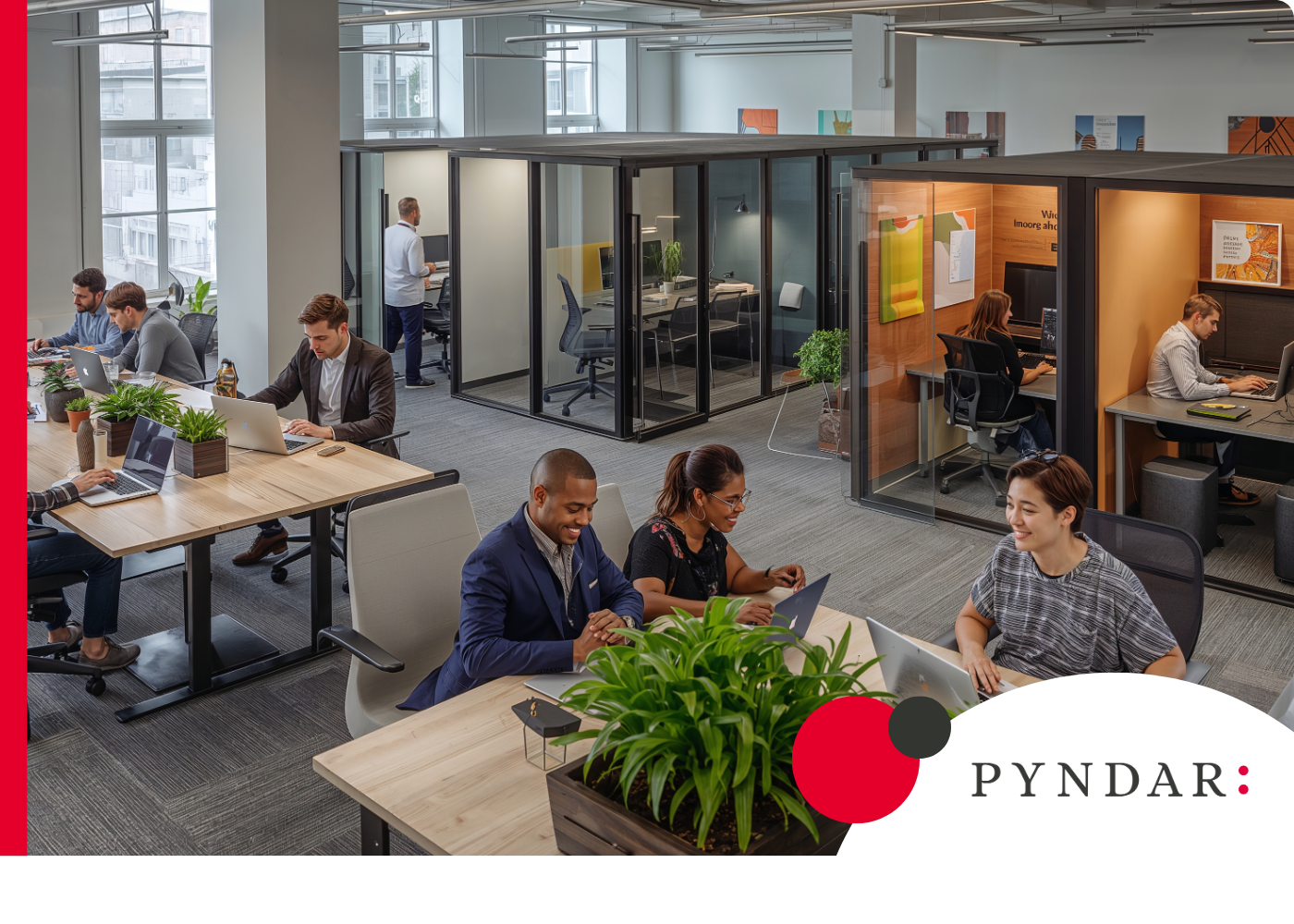Why long-term facilities management partnerships deliver more
The best facilities management (FM) requires dedication, precision, an ability to anticipate change, and a commitment to service continuity. Short-term arrangements can address immediate needs but they rarely unlock the full potential of the relationship between client and service provider. Sustained partnerships, by contrast, provide the foundation for optimised workplace performance and resilience that is difficult to achieve through solely transactional models.
Here are five reasons why long-term partnerships deliver more:
1. Deeper understanding leads to a more tailored service
The more time a FM provider spends with a client, the more insight they gain into its workplace culture, operational patterns, and even strategic ambitions. This depth of knowledge enables service delivery to move beyond the transactional towards the excellent.
With longer-term engagement, FM teams are able to anticipate requirements and be adaptable, rather than responding reactively. Such flexibility might include adjusting cleaning schedules to reflect hybrid-working patterns, embedding processes that support environmental targets, or planning asset Life Cycle Maintenance (LCM). These refinements are difficult to achieve in the short term, during which knowledge remains at surface level, and change is treated as exceptional rather than normative.
2. Embedded teams deliver consistency and accountability
Consistency is fundamental to workplace performance, yet high staff turnover and fragmented accountability remain common within short-cycle contracts. Embedded teams offer a different approach, however: over time they become familiar with spaces, systems and people, enabling both service reliability and cultural alignment, leading to continuity in workplace experience.
This creates stability, which strengthens people’s sense of ownership and accountability. Embedded teams are more likely to take pride in the spaces they manage, to maintain high standards, and to demonstrate the sort of care and attention that affect both user experience and brand perception.
3. Trust enables strategic collaboration
Trust is not built overnight. It develops through consistent delivery and transparent communication, among other factors. As trust matures, it transforms the client–provider relationship: the conversation expands beyond mere service delivery and operational compliance to include subjects as wide-ranging as space optimisation, sustainability strategy, refurbishment, security provision, and staff well-being initiatives.
Consequently a trusted FM partner is no longer viewed as a cost centre but as a valid contributor to organisational performance and even business goals. This redefined, heightened role creates opportunities for strategic collaboration on long-term objectives such as reducing energy use or improving staff experience – outcomes that short-term relationships rarely support.
4. Long-term loyalty reduces risk
It goes without saying that each tender or provider transition introduces friction to a workplace. This is because inducting new staff, integrating systems and adjusting to different quality processes carry both cost and operational risk. In addition, continuity of service delivery is often compromised during the early stages of a new contract.
The loyalty demonstrated in long-term partnerships eliminates such risks, however, allowing both parties to invest in enhancements which require a longer horizon. These could include the implementation of data-driven monitoring or upgrading workplace systems to improve energy performance.
5. True partnership replaces transactional delivery
Short-term provider agreements typically measure success in purely transactional terms: compliance with service levels, and cost efficiency. In a long-term model, however, success evolves to include shared performance metrics and mutual objectives, such as: improved workplace productivity; environmental, social, and governance (ESG) compliance; or reduced lifecycle costs.
Such logistical alignment creates space for continuous improvement. Instead of maintaining an initial baseline only, the FM function adapts in response to client feedback and emerging trends, supporting both operational and strategic goals.
How Pyndar brings these principles to life
The advantages of long-term partnerships are clear. At Pyndar, we translate these principles into daily practice, ensuring our clients benefit from transparency, consistency and continuous improvement. This reflects our commitment to strategic cultural alignment, and tangible results.
By combining ownership and accountability, year on year these enduring partnerships deliver measurable improvements in continuity of service provision, workplace experience, and sustainability. Pyndar offers a comprehensive FM partnership, enabling you to focus on what matters most: your people, clients, and goals.
For further insights, see ‘Focused, flexible, and fully bespoke: The Pyndar approach to facilities management’, or ‘How facilities management can help your business succeed’.
Whether you are a sector leader or a growing SME, our fully-bespoke services ensure that your workplace remains efficient, compliant, and conducive to success. To find out more about our approach and how we can help you, call 020 3488 1280, e-mail transform@pyndar.uk or visit our contact page.
Trends & Insights
Reflecting on progress: Facilities management in 2025 and the trends shaping 2026
In this article, we review some of the key developments from 2025 and explore the trends that will define facilities manageme... Read more
Beyond space and technology: What the office of tomorrow will deliver
The role of the office is evolving rapidly. Hybrid work models, shifting staff expectations, and technological innovation are... Read more
The top five compliance risks in facilities management
Facilities management (FM) plays a critical role in shaping organisational success. When managed well, it safeguards people, ... Read more



